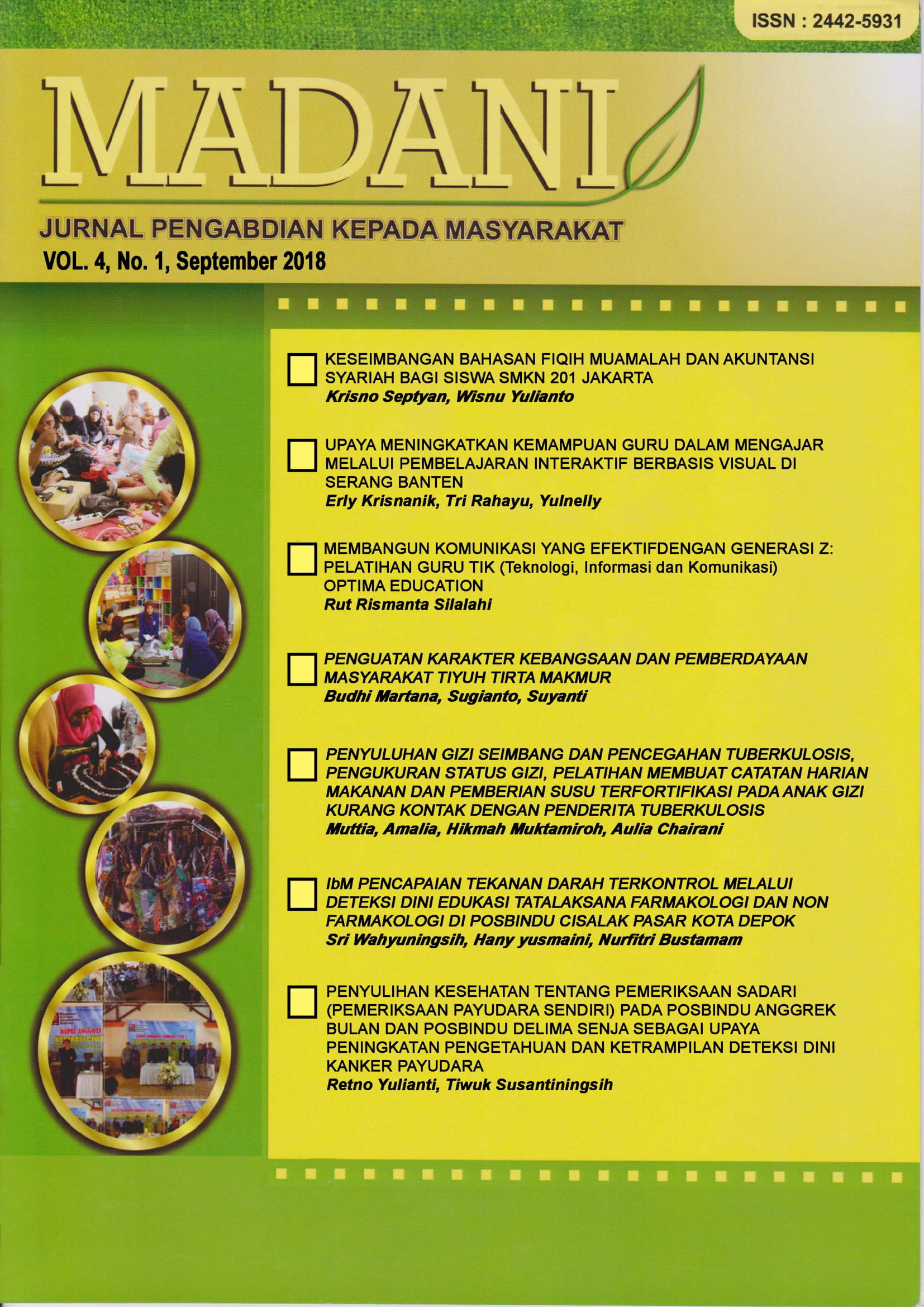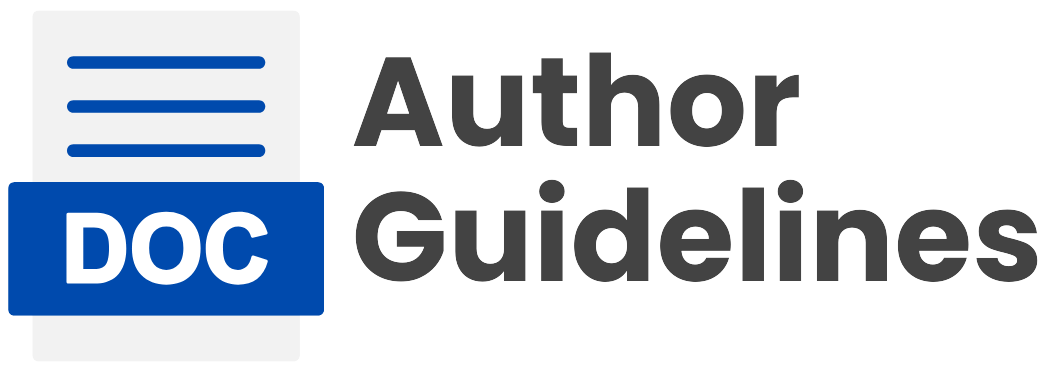MEMBANGUN KOMUNIKASI YANG EFEKTIF DENGAN GENERASI Z: PELATIHAN GURU TIK (Teknologi, Informasi dan Komunikasi) OPTIMA EDUCATION
DOI:
https://doi.org/10.53834/mdn.v4i1.416Abstract
The effectiveness of teaching and learning in the classroom is inseparable from the quality ofcommunication between the teacher and students. Differences in generations between teachers and students can create barriers to communication because each party speaks 'language' and a different style. The current generation of school students is known as generation Z. They were born in the period 1995-2010. Z generation students are very familiar with technology and the digital world. They are able to learn independently with the information they get from the internet. In class, they want an interactive learning experience and the opportunity to exchange ideas. They like to use visual communication. The characteristics of students like this are certainly a challenge for teachers who have monotonous ways of teaching, only rely on one-way lectures, and do not keep up with the times. Especially if the subjects are ICT (Technology, Information and Communication) that requires teachers to actively find out and learn the latest information technology applications. Based on this situation, the author held a communication training for ICT teachers from Optima Education. In this training, the teachers were given an understanding of the characteristics of generation Z and how to effectively communicate with them. The
output of this training is to increase teacher understanding to communicate with Z generation students effectively. The teachers were also asked to evaluate their previous teaching methods and make a commitment to make real changes in the teaching and learning process in the classroom.
References
Aprilia, N. 2016. Implementasi Model Pembelajaran Reflektif Untuk Meningkatkan Kemampuan Pemahaman Mahasiswa Pendidikan Biologi Pada Mata Kuliah Strategi Pembelajaran di Program Studi FIKIP Universitas Ahmad Dahlan. Jurnal
Bioedukatika, 4 (1). Hal. 27-30.
Chun, C., Dudoit, K., Fujihara, S., Gerschenson, M., Kennedy, A., Stearns, J. 2015. Teaching Generation Z at The University of Hawai’i. Diakses dari https://www.hawaii.edu/oyppp/Leaders/files/2015-2016Projects/PELP_GenZ_PaperV.6-0
Jackson, H. 2016. KISS: Rules of Engagement. Diakses
dari http://www.sec-ed.co.uk/best-practice/kiss-rules-of-engagement/
Mohr, K.A. 2017. Understanding Generation Z Students to Promote a Contemporary Learning Environment. Journal on Empowering Teaching Excellence, 1 (1), 1-9.
Prensky, M. 2001. Digital Natives, Digital Immigrants. On The Horizon. 9 (5), 1-6..Rothman. A Tsunami of Learners Called Generation Z. Diakses dari http://www.mdle.net/journal/a_tsunami_of_learners_called_generation_z_pdf.
Torocsik, M., Szucs, K., Kehl, D. 2014. How Generations Think: Research on Generation Z. Acta Universitatis Sapientiae, Communication. 1,
-45.
Downloads
Published
Issue
Section
License
CC BY: This license allows reusers to distribute, remix, adapt, and build upon the material in any medium or format, so long as attribution is given to the creator. The license allows for commercial use.











